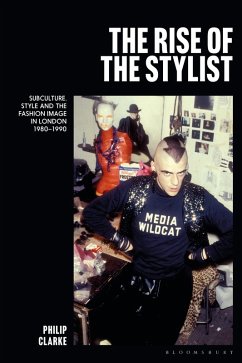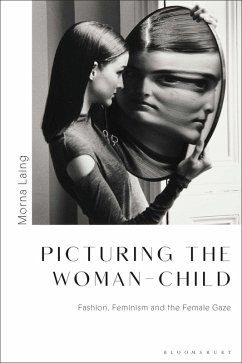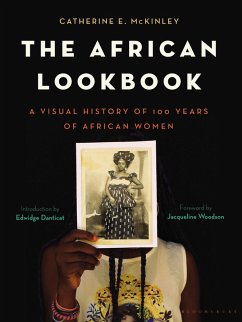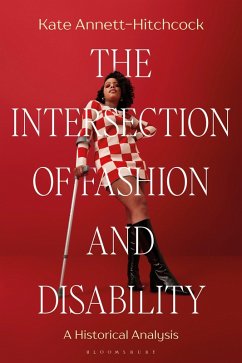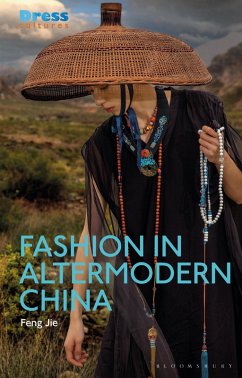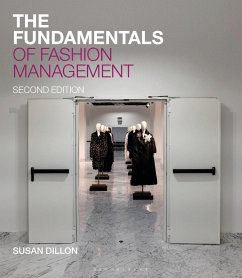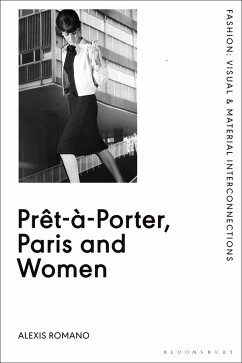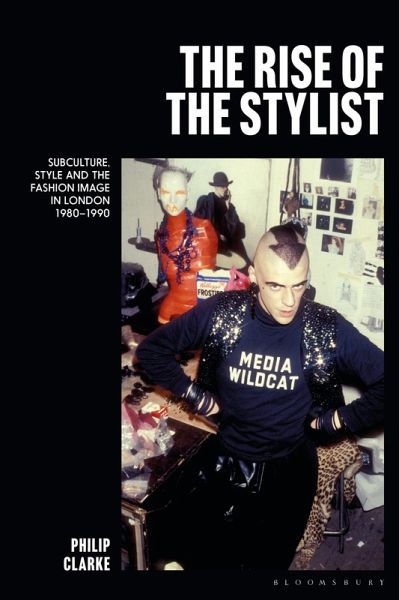
The Rise of the Stylist (eBook, ePUB)
Subculture, Style and the Fashion Image in London 1980-1990
Versandkostenfrei!
Sofort per Download lieferbar
70,95 €
inkl. MwSt.
Weitere Ausgaben:

PAYBACK Punkte
35 °P sammeln!
The Rise of the Stylist examines the social factors that contributed to the stylist becoming a key role in fashion image-making. The 1980s' stylist is presented as a cultural intermediary and auteur, as commercial compass and avant-garde innovator. Focusing on London from 1980 to 1990, Philip Clarke draws on oral history interviews with the young creatives who were involved in the specific subcultural scenes, educational environments and new modes of publishing that informed a unique moment in British cultural life. By documenting the history of the stylist in fashion and dress, as well as the...
The Rise of the Stylist examines the social factors that contributed to the stylist becoming a key role in fashion image-making. The 1980s' stylist is presented as a cultural intermediary and auteur, as commercial compass and avant-garde innovator. Focusing on London from 1980 to 1990, Philip Clarke draws on oral history interviews with the young creatives who were involved in the specific subcultural scenes, educational environments and new modes of publishing that informed a unique moment in British cultural life. By documenting the history of the stylist in fashion and dress, as well as their contribution to fields such as food photography and car manufacture, this study looks beyond the style press and bridges the gap between production and promotion. The Rise of the Stylist defines the specific nature of the stylist's role in relation to that of other creative occupations and locates discussion of styling within the context of postmodern society, where political shifts, technological developments and changing attitudes in all fields of cultural production are reflected in the manufacture and dissemination of fashion.




